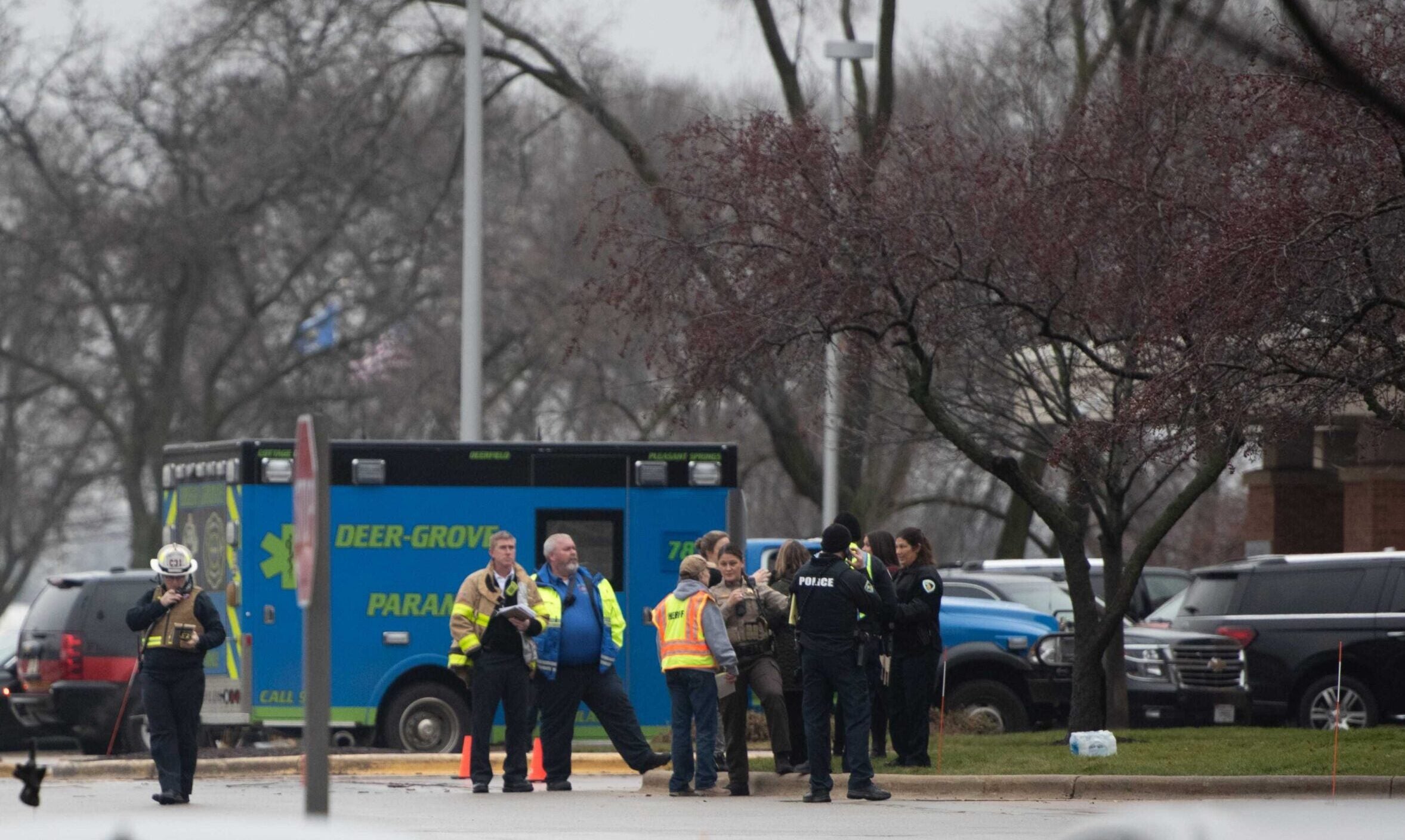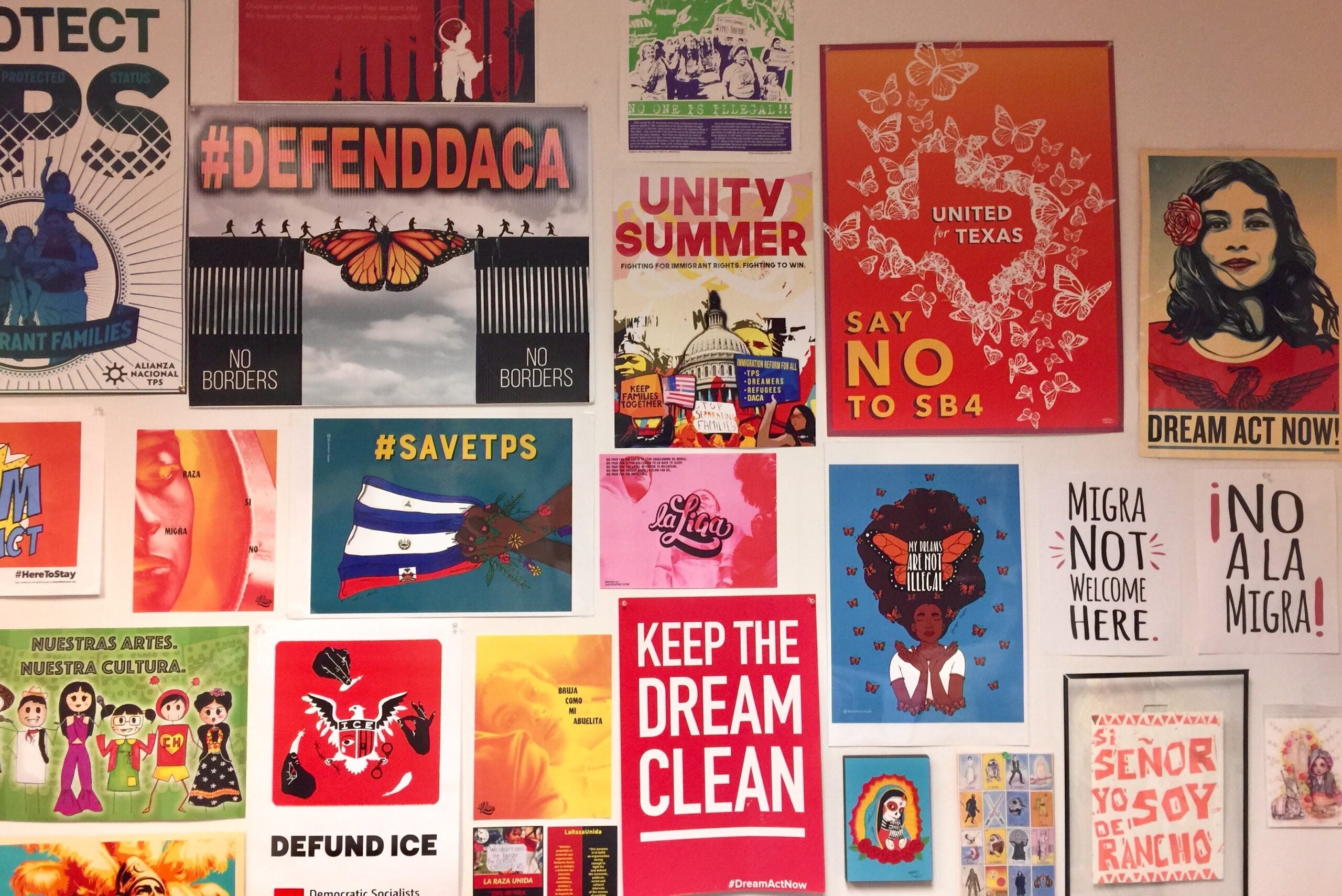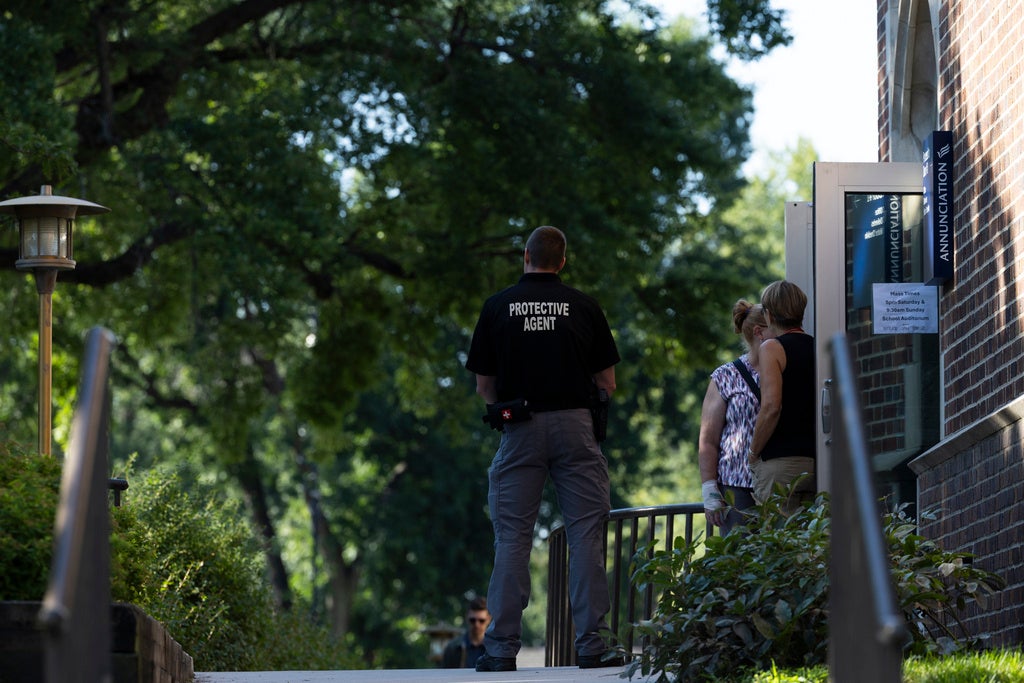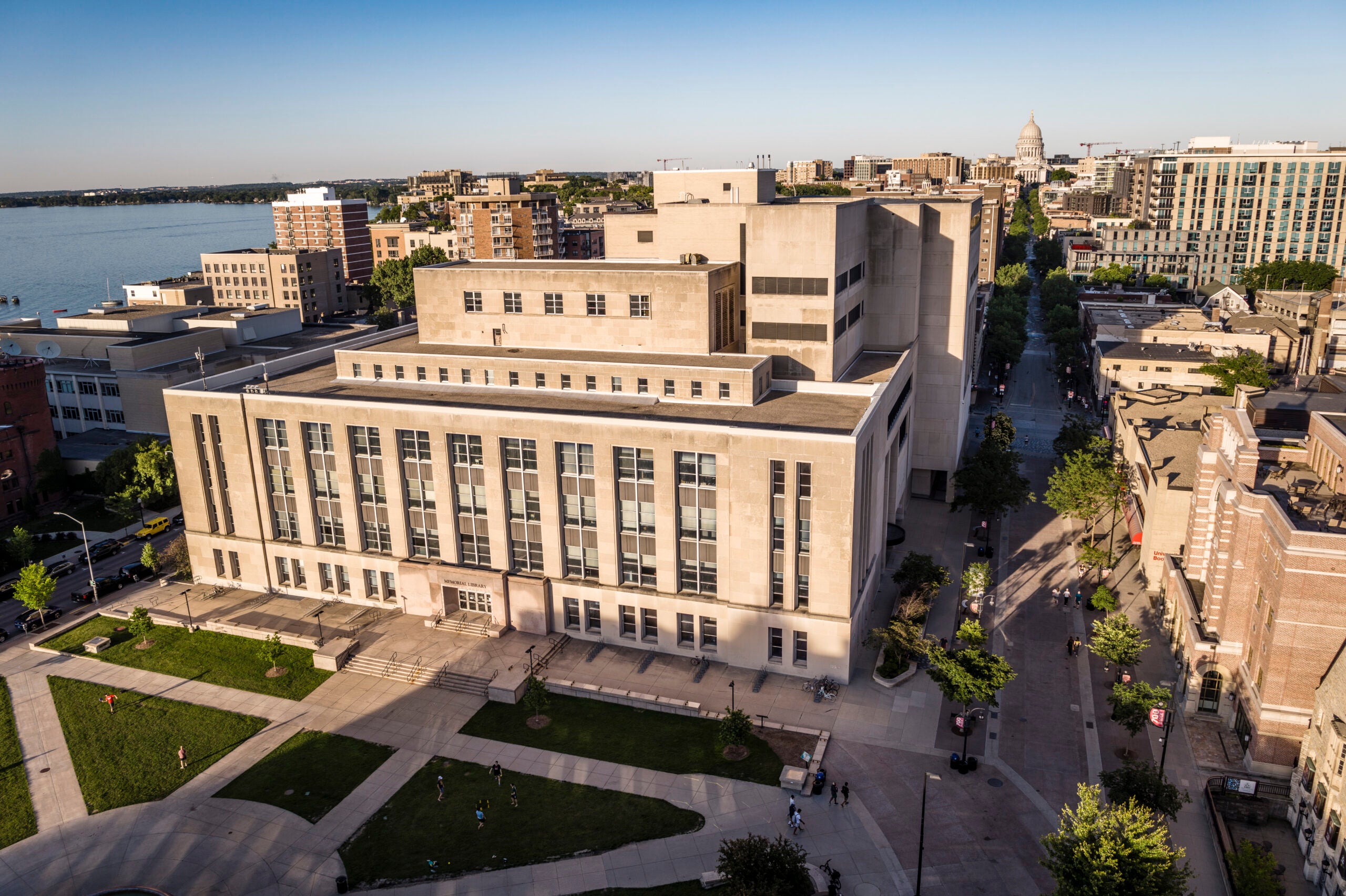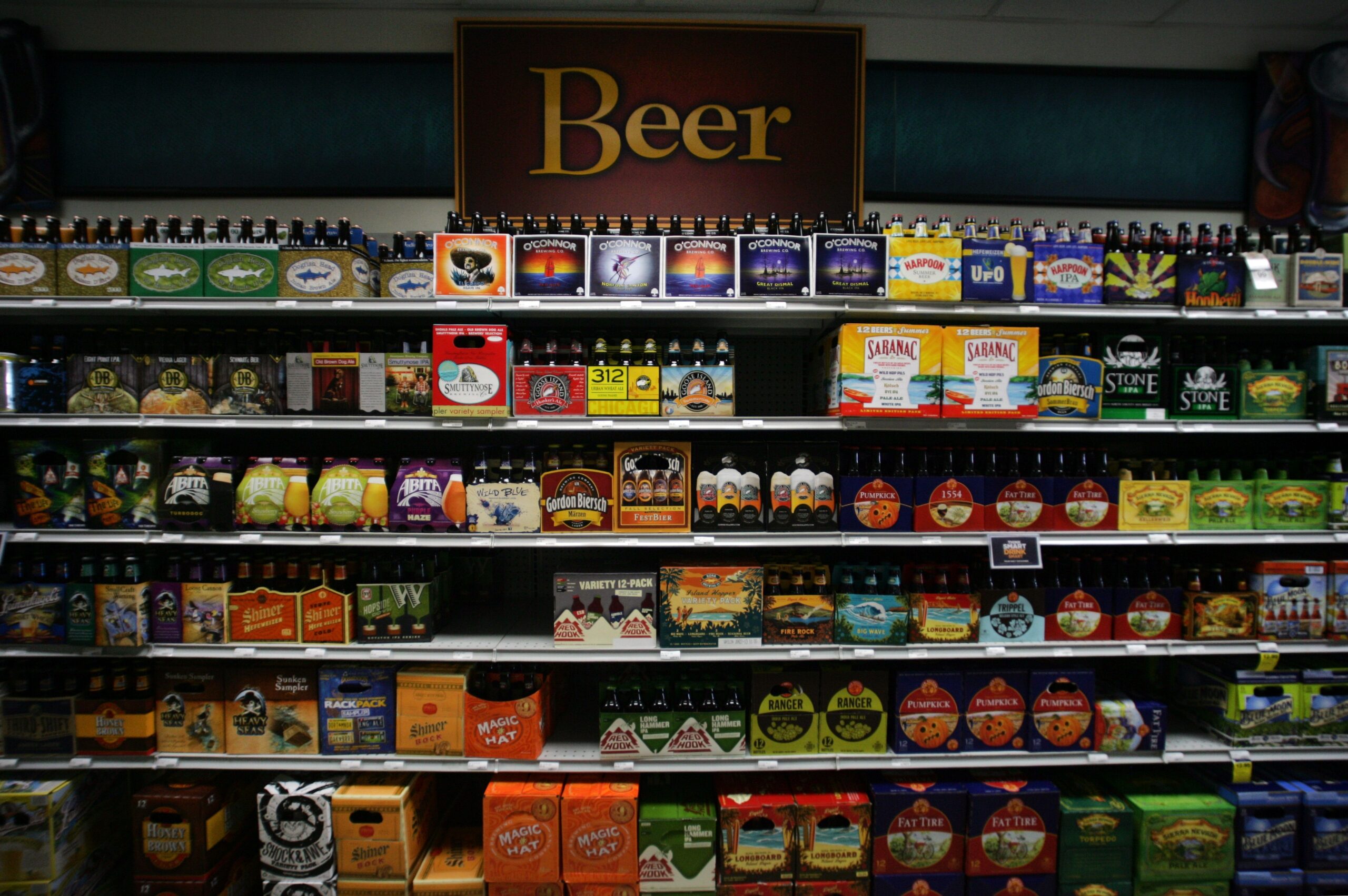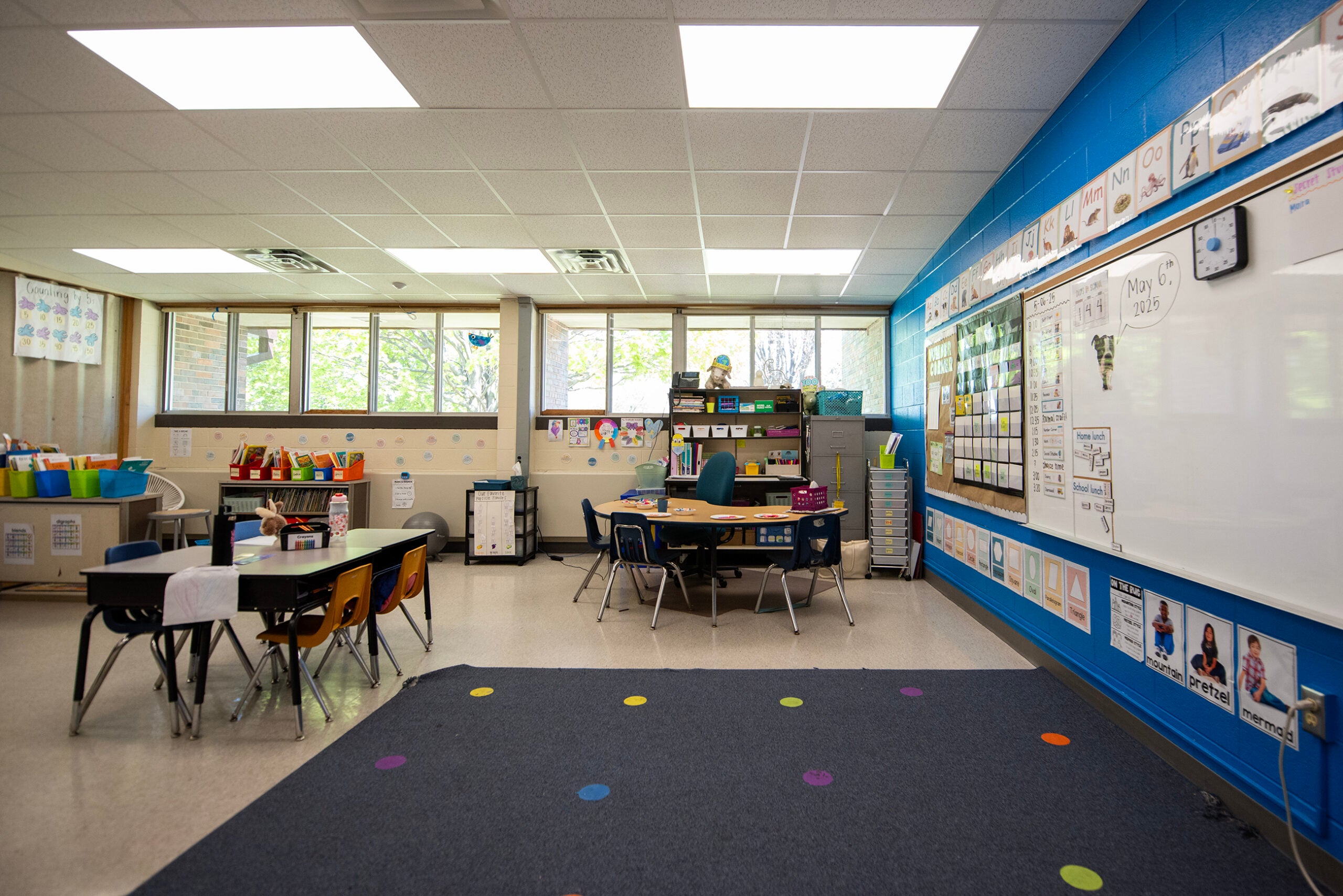Alcohol sales in American communities climb after mass shootings, according to a recent study by researchers at the University of Wisconsin-Madison.
The increase in alcohol sales in communities hit by mass shootings persists for about two years after an event, the study found.
“Mass shootings aren’t just about the victims, they’re about the community as a whole,” said lead researcher Nick Buttrick, an assistant professor of psychology at UW-Madison.
News with a little more humanity
WPR’s “Wisconsin Today” newsletter keeps you connected to the state you love without feeling overwhelmed. No paywall. No agenda. No corporate filter.
He was interested to study how communities cope in the aftermath.
“When you live in a place and all of a sudden the idea of safety is sort of torn away from you, what happens? How do people deal with that?” Buttrick said.
Perhaps, in part, with alcohol. Drinking is a “pretty classic tool” people use to change how they feel, he said.
Buttrick and his team looked at about 320 U.S. mass shootings — defined as four or more intentional killings within 24 hours — captured by a database from 2006 to 2019. They then compared alcohol sales from the same time range recorded by a Nielsen Retail Scanner database, which tracks over half of national grocery and drugstore sales.
The researchers examined weekly alcohol sales in community ZIP-3 zones — contiguous areas with ZIP codes beginning with the same three digits — before and after a mass shooting. They also compared alcohol sales from affected communities to every other ZIP-3 in the country.
They found communities that experienced public mass shootings had a significant increase in alcohol sales that persisted for at least two years following the event.
“It’s an increase of around 3 to 5 percent in alcohol sales in that community,” Buttrick said.
They published their findings in the journal PNAS Nexus on Jan. 21.
Mass shootings that occurred in private places, like homes, were different.
“We don’t really see any effects in community alcohol sales,” Buttrick said.
This could be because private shootings, while making up about 65 percent of their dataset, come with less perceived danger in communities.
“A mass shooting that takes place in private sometimes doesn’t even make the local news,” Buttrick said. “Whereas a mass shooting that takes place in public, people see it, people hear about it … now your public spaces are places of danger, and that, we think, is destabilizing.”
More alcohol could mean more problems for a community, Buttrick worries.
“If more people are purchasing alcohol, or if people are purchasing more alcohol, it may then increase the likelihood of spirals of violence,” Buttrick said.
Criminal justice researcher Jaclyn Schildkraut has lived in two places deeply impacted by public mass shootings, Parkland and Orlando, Florida.
“Really, these are whole community tragedies. The effects ripple outwards,” said Schildkraut, who is now the executive director of the Regional Gun Violence Research Consortium at the Rockefeller Institute of Government.
She said communities sometimes have “resiliency centers” that offer mental health resources. Public gatherings can also help.
“Both in the immediate aftermath but also in the longer term,” Schildkraut said. “So like the annual commemorative events, those can be very helpful, because they bring everybody back together.”
And alcohol sales are just one way to measure the impact a shooting has on a community, she added.
“Sales doesn’t necessarily equate to consumption,” Schildkraut said. “There are other metrics that we should be looking at.”
For instance, tracking suicide risk and the number of people calling services for help in communities, she said.
Buttrick agrees the impacts are wide.
“Alcohol sales are one proxy for community trauma, but there’s lots of other ones,” Buttrick. “It’s important that we think about lots of other ways in which trauma and rebuilding can happen.”
Wisconsin Public Radio, © Copyright 2025, Board of Regents of the University of Wisconsin System and Wisconsin Educational Communications Board.

